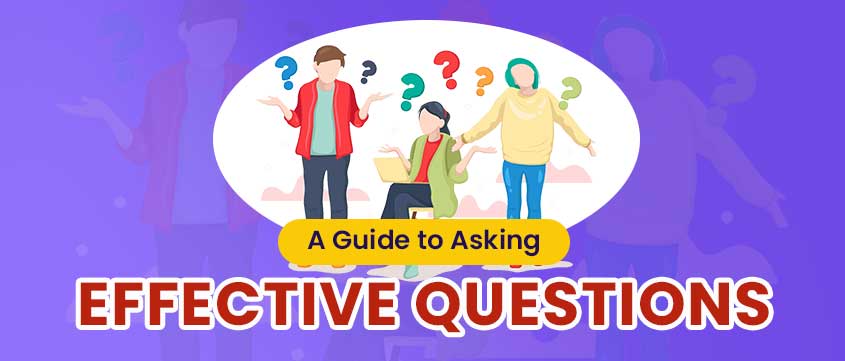Preparing for the IELTS Speaking test can feel intimidating, especially since your score relies heavily on your ability to communicate clearly and confidently in English. Knowing what examiners expect can give you a strategic edge, and understanding common pitfalls can prevent you from losing valuable points. Here’s a breakdown of the dos and don’ts to help you excel in the IELTS Speaking test.
Examiners look for fluency, so try to speak in a steady, natural rhythm. While pausing briefly to think is normal, too many hesitations or an overly slow pace can signal uncertainty. Practice speaking in English as often as possible to improve your fluency. Remember, fluency doesn’t mean speaking fast; it’s about expressing yourself smoothly without awkward stops. Demonstrating a broad vocabulary will positively impact your score. Use descriptive language and try to avoid repeating simple words. For instance, instead of just saying, “I like it,” you could say, “I find it fascinating” or “It’s incredibly appealing.” Practising synonyms and idiomatic expressions can also add variety to your language, showing examiners that you’re comfortable with different ways of expressing yourself.
Answering the question accurately is essential. If you’re asked about your favourite hobby, talk about that directly instead of veering off into unrelated topics. Stick to the point, and ensure that your examples support your main answer. Going off-topic could confuse the examiner and harm your coherence score. IELTS examiners assess your ability to use varied grammar structures. While it’s important to be clear, try to incorporate some complex sentences. For example, use conditional sentences, relative clauses, or compound sentences to add depth to your answer. Practising these structures beforehand can help you use them naturally. Though the Speaking test is not a casual conversation, maintaining eye contact and showing enthusiasm can make your responses feel more engaging. Confidence helps create a positive impression, so try to answer with a smile and express yourself as naturally as possible.
Avoid relying on filler words like “uh,” “um,” “you know,” or “like.” These fillers suggest hesitation and can distract from your response. A few fillers here and there are normal, but excessive use can harm your fluency score. Practice pausing slightly when you need to think, instead of filling space with words. Examiners can easily detect memorised responses. If your answers sound overly rehearsed or unnatural, it could negatively affect your score. Instead of memorising whole answers, focus on practising common question types and responses in a flexible way. Aim to answer each question with a natural response that fits the specific question.
Tone and intonation matter. Speaking in a flat, monotonous voice can make it seem as if you’re uninterested or nervous. Show enthusiasm, vary your tone to emphasise important points, and avoid sounding robotic. This will make your answers sound more engaging and natural. If you make a mistake, correct it quickly and continue. Stopping to worry or apologising for small mistakes disrupts your fluency. The examiner is not expecting perfect English, so it’s okay to stumble occasionally. Move on confidently, and remember that fluency and communication are more important than a flawless performance.
Avoid overly casual language or slang, as this can seem unprofessional in the IELTS context. Aim for clear, standard English. While being conversational is fine, too much informality can make your responses appear less serious. The IELTS Speaking test is your chance to showcase your English skills, and knowing what the examiners expect can give you a major advantage. Emphasise fluency, vocabulary range, and relevance, and avoid common pitfalls like fillers, memorization, and informal language. Practising these dos and don’ts will help you feel more prepared, allowing you to communicate naturally and confidently on test day. With focused preparation, you can impress the examiner and achieve the score you need.
Nov 27, 2024 | IELTS | No Comments
.jpg)










